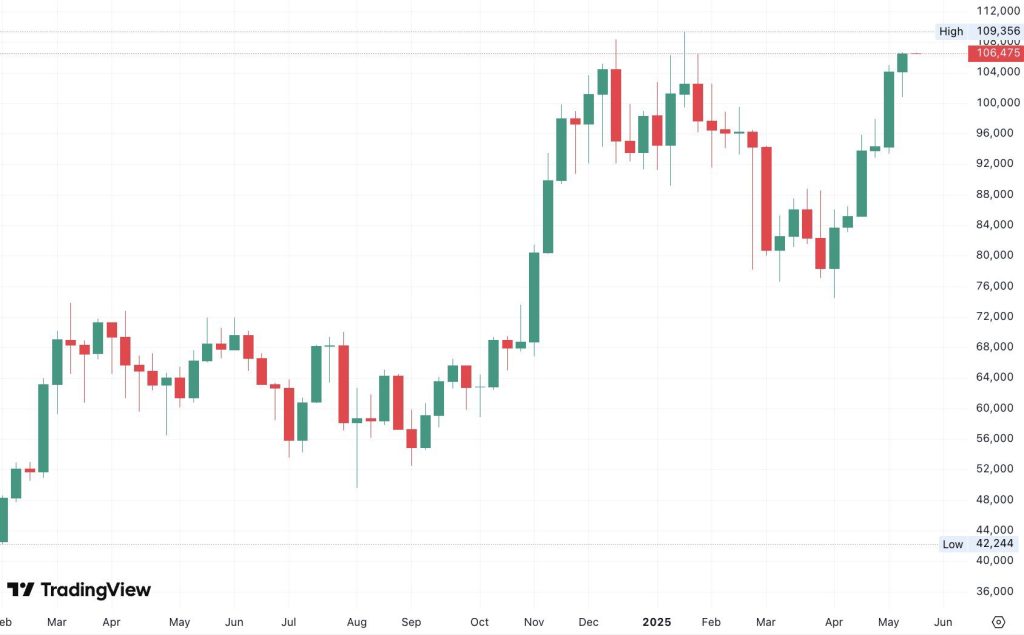Amid the battle over remote work, return-to-office mandates, and hybrid work schedules, Pershing Square CEO Bill Ackman has employed an unusual strategy.
The billionaire investor has his employees back in the office five days a week, but he’s also okay with them working from anywhere—for one specific stretch of the year. He described the arrangement in an interview with the New York Post this week:
“What we’ve done at Pershing Square is bring people back five days a week 10 months a year. Of course if there’s something you need to do like a doctor’s appointment or working from home one day, use your best judgment. And then we give people July and August to work from anywhere with the caveat that if there’s something where we need to bring everyone together, you show up.”
This year, an increasing number of high-profile CEOs have come out against fully remote work and insisted that employees return to the office. Many of them have settled upon a hybrid arrangement in which employees can still work from home two or three days a week.
It hasn’t always gone well.
Amazon CEO Andy Jassy told employees in February they’d be required to work in the office three days a week. That led to a walkout by workers upset with the policy—and to a Slack channel called “Remote Advocacy” lighting up—but Amazon stuck to the policy. Last month, as a recording obtained by Insider revealed, an exasperated Jassy told employees:
“It’s past the time to disagree and commit. And if you can’t disagree and commit, I also understand that, but it’s probably not going to work out for you at Amazon because we are going back to the office at least three days a week, and it’s not right for all of our teammates to be in three days a week and for people to refuse to do so.”
Goldman Sachs, for its part, recently began a new push to enforce its policy of working in the office five days a week, with company brass frustrated over many employees not coming in as much as directed. CEO David Solomon has long criticized remote work.
Ackman’s approach is more balanced. It meshes with the belief, held by many CEOs, that in-office work is vital to mentoring young talent and fostering a strong corporate culture. But it also gives some ground to remote work advocates—not as much as they’d like, but more than nothing.
“We’ve experimented with that for two years and that’s worked well,” Ackman told the Post. “People like the balance, and it works for our business.”
Credit: Source link











